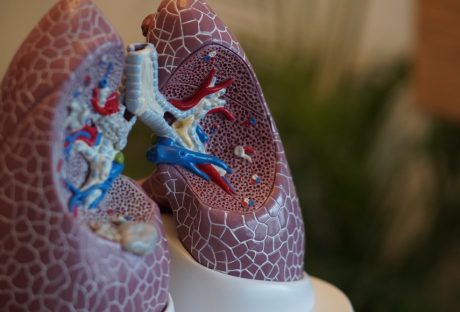Many women worry about developing breast cancer. Especially, when it comes to any invasive procedures. According to breastcancer.org, one out of every eight women in the United States will develop invasive breast cancer at some point in her lifetime.
Breast augmentation is one of the most popular cosmetic procedures in the world. More than 300,000 surgeries are performed in the United States every year. Their number is growing.
Since breast augmentation is a full-scale surgery, which tampers with the tissues, many patients are worried about the possibility of developing such dangerous conditions as cancer.
Can breast augmentation cause cancer? Let’s find out.
Do Breast Implants Cause Cancer?
Different research has been done to find out if implants can lead to cancer. According to Seattle breast augmentation surgeons at LaBelleVie and other board-certified doctors and qualified medical professionals, there is currently no evidence linking breast implants to breast cancer.
The reason why some women may find out about cancer after or even before getting implants is linked to the fact that many tests are run before the surgery is performed. So patients discover tumors during the preparation procedures rather than after the implant is inserted.
Even though breast implants haven’t been linked to the appearance of breast cancer, it may increase the risk of developing a certain type of cancer called Breast Implant-Associated Anaplastic Large Cell Lymphoma or BI-AALCL.
BI-AALCL:
BI-AALCL is an uncommon type of lymphoma, which occurs around the implants after breast augmentation is performed. It’s more common in women, who opt for breast implants that have textured surfaces.
BI-AALCL is an immune system cancer NOT breast cancer. The risk of developing such cancer is rather low. One in about 30,000 women develops BI-AALCL after opting for breast augmentation with textured implants. If the condition is discovered early enough, it is easy to cure.
The symptoms of this type of cancer include:
- Unexpected breast enlargement
- Breast asymmetry
- Lump in the breast or armpit
- Hardening of the breast
- Fluid collection
If a patient experiences such symptoms, she must contact a doctor immediately in order to prevent cancer from spreading.
BIA ALCL can occur in patients, who have chosen silicone or saline implants. It can be found regardless of the type of surgery, be it breast reconstruction or breast enlargement.
As of today, no cases of women developing BI-AALCL after installing a smooth implant have been reported. If a patient opts for textured implants, she should be monitored by her doctor for several years after the surgery. Today, it’s not possible to run tests in order to understand which patients are prone to this disease.
Should I Remove My Breast Implants?
If you have textured implants, it doesn’t mean you will develop BI-AALCL. All the findings show that the risk of getting such cancer is quite low. Removing the implants is a drastic measure, which should be discussed with the surgeon and the physician.
In the majority of cases, women with textured implants should be monitoring the condition of their breasts carefully in order not to miss the first signs of the disease.
For the majority of patients with stage 1 BI-AALCL, the cancer is confined in a capsule. Early treatment involves surgical removal. The survival rate of patients with such cancer is 89% over 5 years. The rate is much higher for women, who are diagnosed early and who have the implant and the capsule removed timely.
Conclusion:
Does breast augmentation cause breast cancer? No. However, it can lead to an uncommon form of immune system cancer, which is well treatable if caught early enough.
Read Also:






















